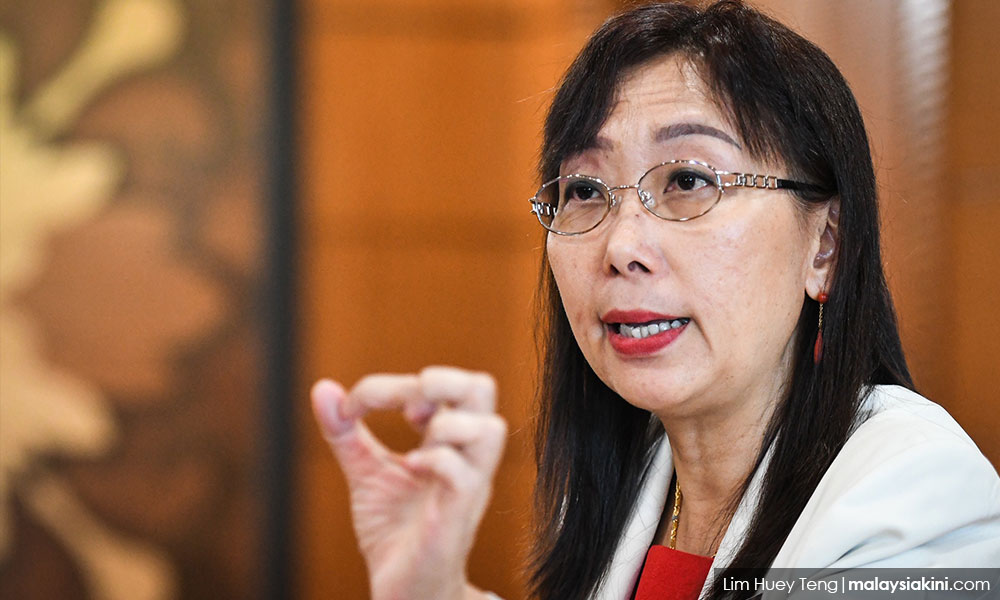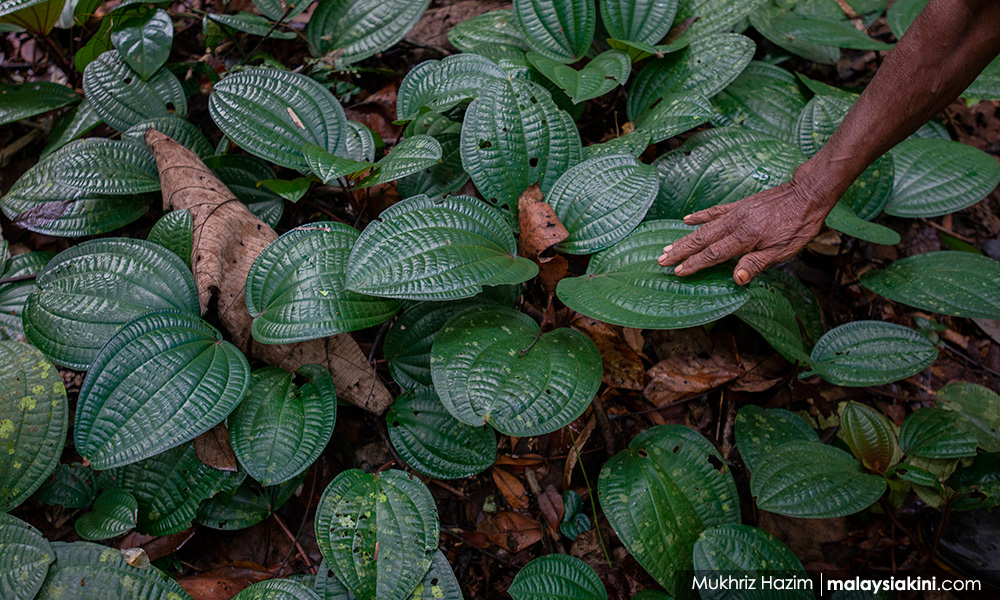Teresa Kok has questioned the commitment of the current administration to upholding a previous pledge by the BN government that it would retain 50 percent of its landmass as forests at the Earth Summit in 1992.
The Seputeh MP, in a statement, said the Malaysian Forestry Policy (MFP) 2021 was launched in conjunction with the International Forestry Day on March 21 with the introduction of the Malaysia Forest Fund as the latest funding instrument.
"It is indeed a policy of significance since it is a policy document that is truly national in its sense compared to the previous National Forestry Policy 1972 (revised 1992) that in effect only applies to Peninsular Malaysia.
"However, as with any policy, the devil is in the details of this 11-page document that was developed and deliberated since 2016.
"The policy revision exercise in 1992 has somehow overlooked this commitment, and it would seem that this commitment is still not making it to the latest revision of this foremost forestry policy of the country after nearly 30 years," said Kok, who formerly served as primary industries minister in the Pakatan Harapan administration.

"The word 50 percent appeared once in the MFP: in the background section which merely stating that up to today, Malaysia has maintained its Rio’s commitment.
"Nowhere in the policy is it clearly stated that this commitment will be continued.
"So, what we get from a five years’ exercise is a vague document that failed to lay out the way forward on this well-known pledge that is often repeated at every other international meeting and mandatory reporting to the relevant conventions such as the United Nations Framework Convention on Climate Change and the UN Convention on Biological Diversity," Kok added.
She said there is no implementation timeframe for the policy except an allusion to its alignment with the Shared Prosperity Vision 2050.
In launching the policy, Energy and Natural Resources Minister Dr Shamsul Anuar Nasarah said despite the Covid-19 pandemic, the ministry managed to achieve several milestones in the forestry sector.
These include the implementation of the Greening Malaysia Agenda via the 100 Million Trees Planting Campaign and the planting of 18.75 million trees nationwide in 2020.
Others are the nomination of the Penang Hill Biosphere Reserve site under the Man and the Biosphere Programme, Unesco; the nomination of the Endau Rompin Johor National Park as the 4th Asean Heritage Park in Malaysia and the repatriation of nine orang utans to Indonesia.
Prime Minister Muhyiddin Yassin also said that "as a responsible and caring government, various efforts were taken to fulfil the commitment pledged during the Earth Summit in 1992 in Rio de Janeiro, Brazil by mainstreaming biodiversity management in national development".
“Of the total forested areas in Malaysia, only 1.7 percent are degraded forest areas. Since 2016, a total of 1,859 hectares of degraded areas have been reforested with an allocation of RM152.82 million,” he said.
The prime minister said the cost of maintaining and preserving the country's forest areas which cover 55.3 per cent or 18.27 million hectares of the country’s land area is enormous and about RM6 billion is needed for the purpose.
Kok, however, felt that while both Muhyiddin and Shamsul said that Malaysia will uphold the 50 percent pledge, the picture is confusing because one of the five objectives of the policy stated that ‘sufficient forested area that is managed well for biodiversity conservation and ecosystems services will be ensured’.
"How is ‘sufficient’ defined? Are we to interpret that ‘sufficient’ refers to 50 percent? If so, why not state so clearly? Why vagueness and ambiguity?
"Additionally, no clear measures are mentioned in order to maintain this ‘sufficient forested area’ for biodiversity conservation and ecosystem services," she said.
Kok said that such a weak policy will only invite speculations and fuel further doubts of the country’s land-use policies in the context of environmental protection as well as the sustainability of its timber, palm oil and rubber products.
"The country has invested money, time and efforts to correct its image internationally but gains from such efforts will be cancelled out if we fail to support them with clear domestic policies," she said. - Mkini





No comments:
Post a Comment
Note: Only a member of this blog may post a comment.